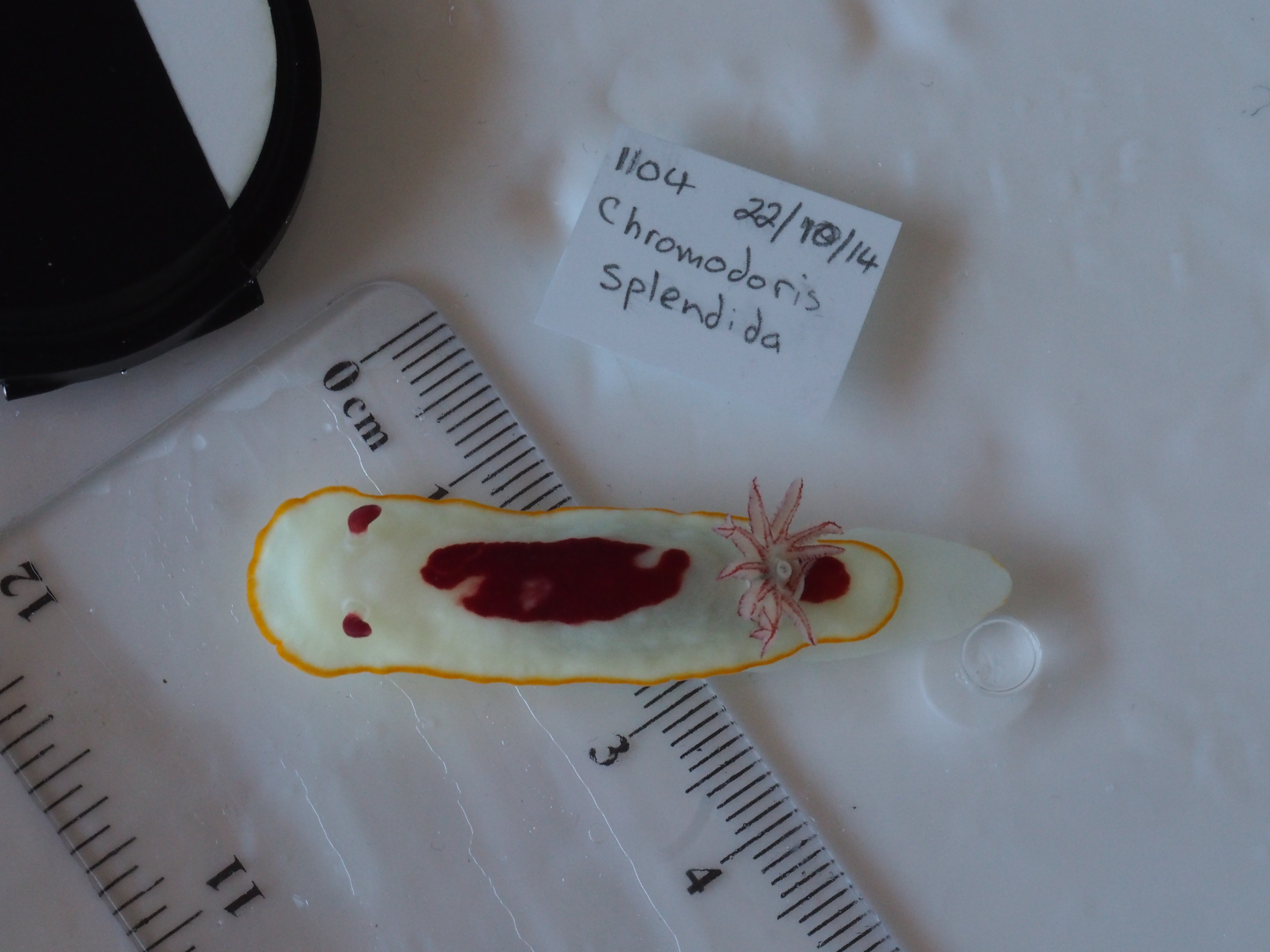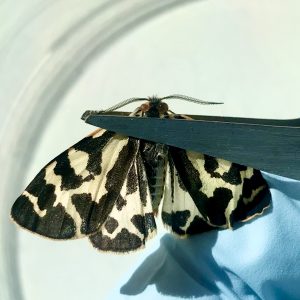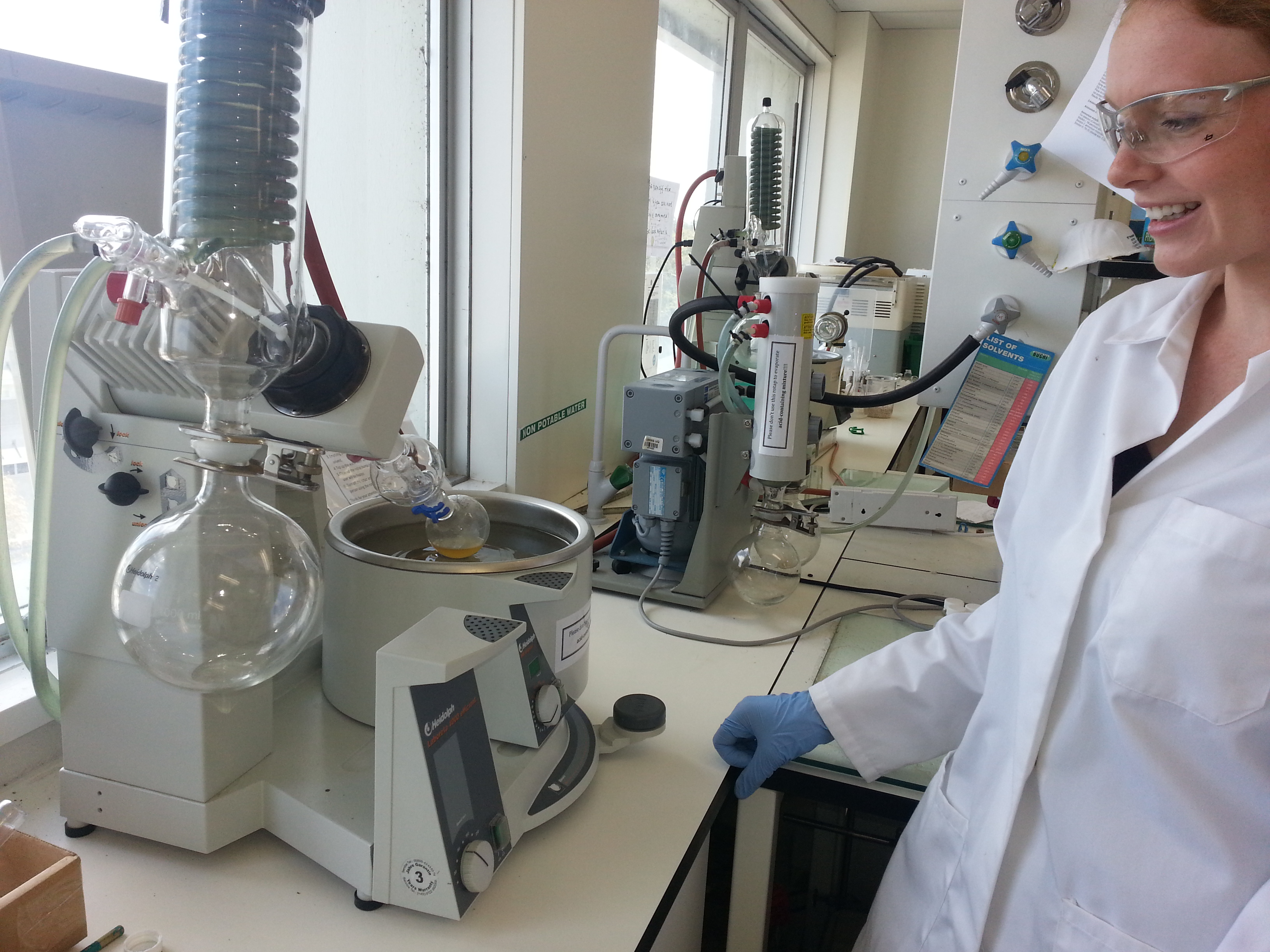We are looking back on some of our MSc graduates who have excelled in scientific research, ecology and conservation around the world since studying with us.
Today we meet Anne who graduated from MSc Evolutionary & Behavioural Ecology in 2011. Anne is now a Postdoctoral fellow at the University of Exeter on a Marie Skłodowska-Curie Actions Individual Research Fellowship.

Hi Anne, it’s been 10 years since you studied with us, why don’t you tell us a bit about your career in that time that led you to where you are now?
After my MSc, I got an Endeavour Postgraduate Award for a PhD at the University of Queensland in Brisbane, Australia to investigate anti-predator defenses in marine sea slugs (nudibranchs). After my PhD, I continued to work on similar projects and as a teaching assistant for marine field courses at the university for another year. From 2019-2020 I worked as a postdoctoral researcher in a wonderful research group at the University of Jyväskylä in Finland to investigate the chemical defenses of wood tiger moths. At the same time, I also learned that my application for a Marie Skłodowska-Curie Actions Individual Research Fellowship was successful, and I am now starting a new project at the University of Exeter.
We are glad you are still working with us here at the University of Exeter, what attracted you to study your MSc at the University of Exeter, Penryn Campus?
As an international student from the USA, I was especially attracted to the structure of the taught component of the MSc program, which isn’t as popular in the states. It gave me a chance to put my foot int the water and explore different research avenues before jumping into a PhD and also helped show me what a career in research/academia is all about.
I was especially interested in the type of research going on at the University of Exeter’s Penryn campus, which really is world-class for evolutionary and behavioural ecology. I first researched the campus before deciding to do an exchange year abroad during my undergrad. In that year I learned more about the specific research areas through lectures, field trips, and volunteer work. So, when I came back for my MSc, I already had a rough idea of the kind of projects that interested me and what I wanted work on.

What did you enjoy most about studying your MSc here?
I first came to the University of Exeter’s Penryn campus as an undergraduate exchange student in 2009, returned for the MSc in Evolutionary and Behavioural Ecology in 2011, and now I have come back again for a postdoc, so I have clearly enjoyed my time here! Exposure to world class research in an intimate setting and with approachable lecturers was especially valuable, and made it easy to be engaged and motivated as a student. There were plenty of ways to explore that enthusiasm and get involved outside the classroom too with lots of clubs, community projects, and volunteer opportunities. The campus is also in a beautiful location in sunny Cornwall with surrounding beaches, harbour villages, and a friendly social atmosphere.
The course itself is really well designed to give a balanced understanding of the field and the skills you need to design, implement, and analyse your experiment. There are loads of resources available, and researchers with diverse interests, which means you can come up with all kinds of cool projects! You also get the sense that lecturers and support staff are really invested in your success. Of course, the field trip to Kenya was a memorable highlight!
 We are glad you had such a memorable time studying with us, how do you think the MSc helped to prepare you for your career?
We are glad you had such a memorable time studying with us, how do you think the MSc helped to prepare you for your career?
The MSc was really great for practical career guidance. After finishing my project, my advisor recommended a PhD advertised in Australia that was in line with my interests. The taught component of the MSc prepared me for writing grant applications, interview techniques, and putting together a CV, all of which helped me secure competitive funding from the Australian Government through the Endeavour Postgraduate Award for a really cool PhD project!
I’m also immensely grateful for the diverse group of inquisitive and inspiring student peers that helped shape the experience and provided a support network, many of whom I still keep in touch with today and bump into in all kinds of interesting places.
Lastly why did you choose your career path? Do you have any advice for those looking to pursue something similar?
I enjoy being able to follow my curiosity, and I enjoy travel. I’ve been extremely lucky that my career has allowed me to do both, taking me from Mississippi to Cornwall, Australia, and Finland! It keeps the day to day interesting to be able to mix it up between working at a desk, lab, or out in the field.
Try out different research areas and see how they fit, work with different people and find a working environment that is fulfilling and helps you shine. Things rarely go exactly to plan in research projects or in research careers. Paths can be non-linear. You can learn and grow from both pitfalls and opportunities.

Thank you Anne!
If you want to read more profiles from MSc Evolutionary & Behavioural Ecology graduates follow this link or explore our Graduate in Focus homepage to learn more about the degree programmes we have on offer!

